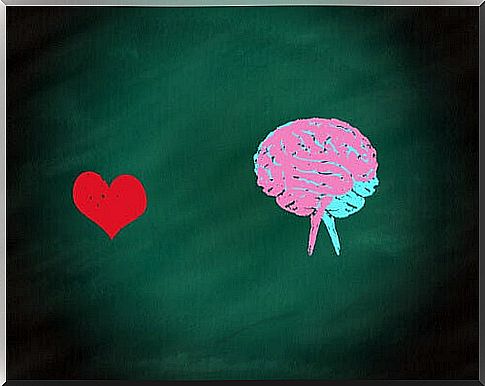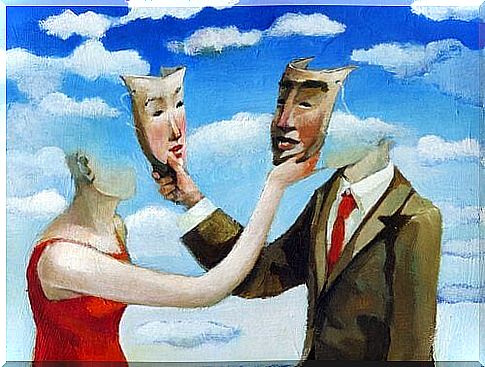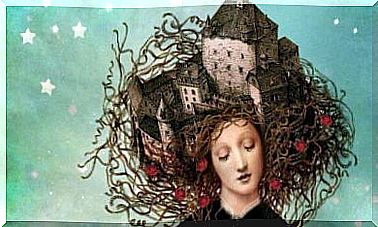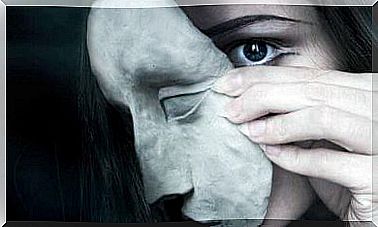The Reflection Of Our Own Lies

Decisions made by the mind or the heart, whether they are lies or truth. It is an eternal duality that permeates our lives and our thinking, dating back to Greek philosophy and some of its great figures, such as Aristotle. This philosopher’s contribution to Greek thought has given him the title “The Philosopher”.
But he may also be known as the “Scientist”, for Aristotle established the first solid foundation of science: to find the truth through observation and experimentation, and not based on abstract thinking.
Aristotle believed that the heart, rather than the brain , was the most important organ in the human body. For him, it was the heart, not the brain, that directed the senses and movements. It was the place that combined information we received from the environment and where the answer to the universe that lies on the other side of our skin is born.
Aristotle’s reasons for looking at the heart as the principled center of our behavior were manifold. Based on his writings, we can mention the following reasons: the heart occupies a central position in the body and is sensitive to emotions.

In addition , Aristotle claimed that the heart beats faster in response to certain emotions, while the brain does nothing.
Self-deception is a common characteristic of humans. Our brain knows what is happening, but activates a number of mechanisms that create a parallel reality full of lies, which we ultimately believe so much that we repeat and work in line with.

A study published in the journal Plos One found that people who deceive themselves are best at deceiving others. This study was conducted by various British universities (University of Newcastle, Queen Mary London, Exeter and University College London).
The group of students met and were asked to evaluate each other and themselves with a grade. The researchers found that people who gave themselves higher grades were better evaluated by others, regardless of their actual performance ability. Six weeks later, the experiment was repeated and gave the same result.
According to Robert Kurzban – evolutionary psychologist at the University of Pennsylvania and author of the book Why Everyone (Else) is a Hypocrite – it may not be as bad to deceive ourselves as we might think, especially for social beings as humans. Maybe the lies we say sometimes fulfill a function…

Robert Kurzban has two basic ideas. On the one hand, it is easy to understand that we believe in many contradictory things – from the ordinary to the perception of morality – because the mind consists of different parts or modules. On the other hand , there is a world out there, but our brains are determined to interpret our experience. We have no access to reality apart from what our brain interprets it.
According to Kurzban, humans are evolved beings, and evolution is a competitive process. We have evolved to compete with what surrounds us and have learned to deceive and build lies. This competition is partly based on trying to convince others that things are not true.
There are various ways to deceive oneself by telling lies, but the question we must ask ourselves is: “Am I the one who is deceiving myself?” or “Am I just wrong in an interesting way?” Having false beliefs can be helpful in convincing others to believe in something that interests us and gives us an advantage.









